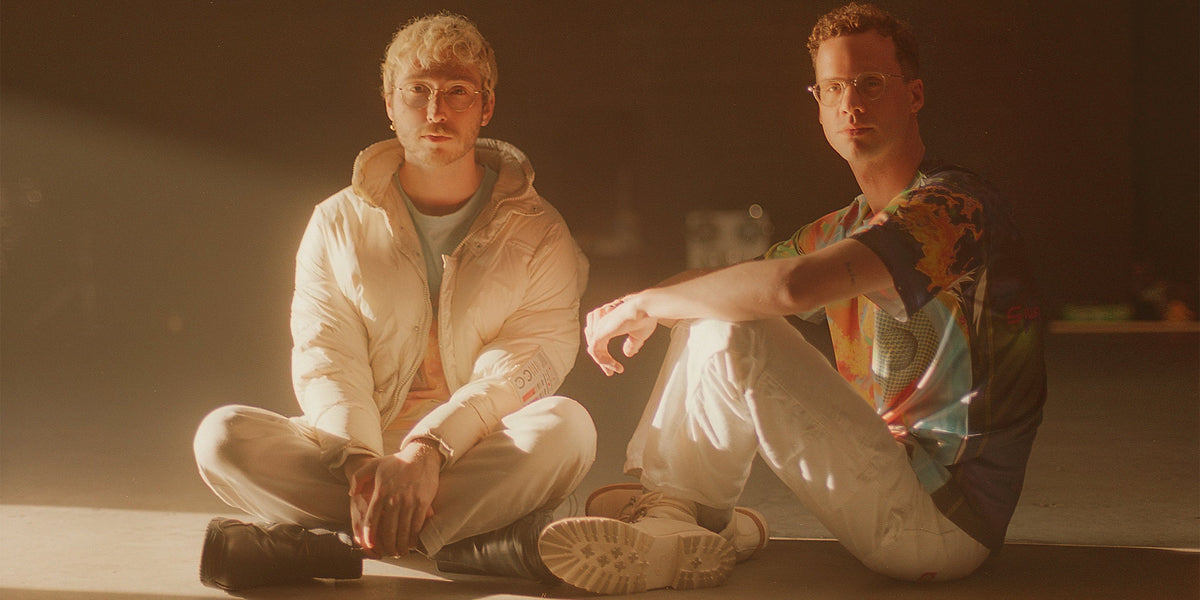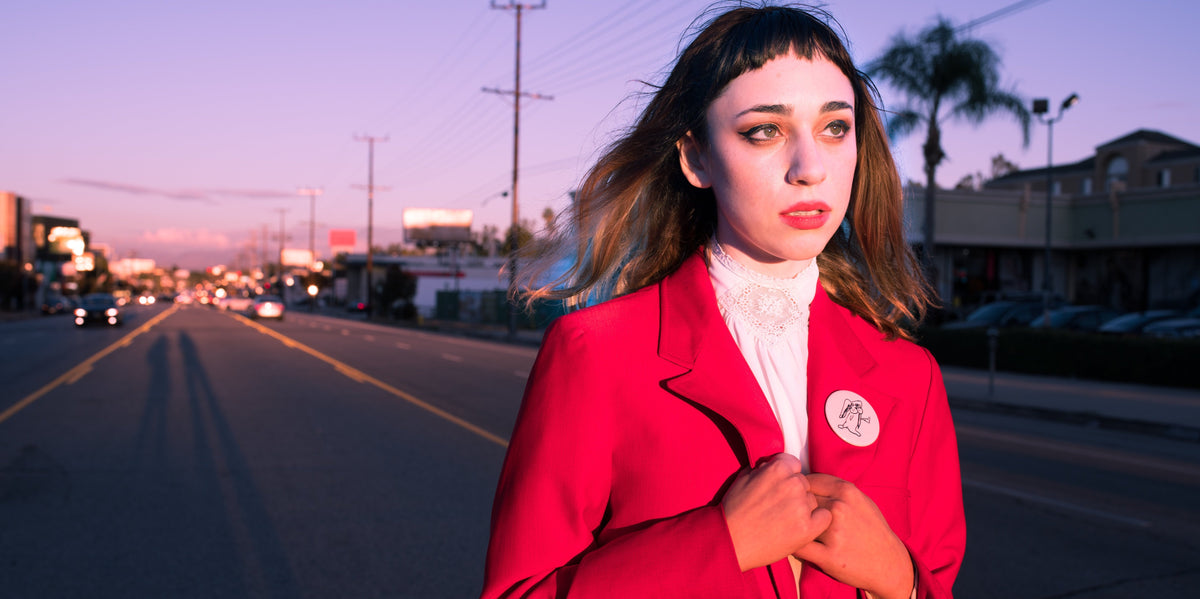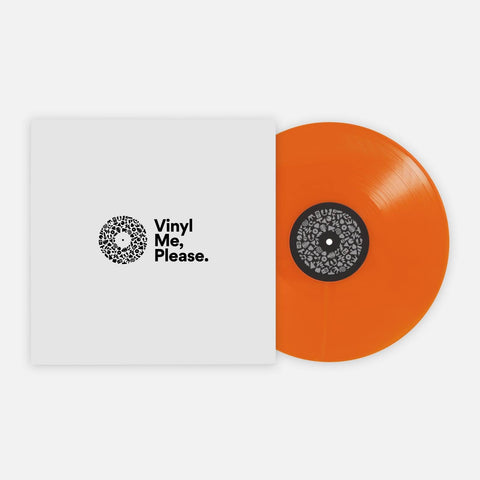Jackie Cohen’s Eerie, Whimsical Soul-Searching
On her second album, self-discovery and catharsis are key
In “Ghost Story,” a character tells the narrator: “You never stop to consider your own nature.” But on Pratfall, that’s exactly what Jackie Cohen is doing.
“I thought I knew who I was up until I was like, 28. And then I found out, and that identity got obliterated,” Cohen said. “It is weird when you spend a little bit of time trying to figure out how you got banged up so bad, why you made the decisions that you made, and you realize that you’ve been making them your entire life.”
Her second full-length album, Pratfall, is a fuzzy, synth pop record that oscillates between electronic and Americana, overlaid with Kate Bush-ian gauze. Sometimes, songs are playful; other times, haunting. Cohen’s voice, hushed and insistent, intently tuned to each moment, renders every word a pearl.
“Ghost Story” was the first song written for the album, in winter 2019, as she came off the Zagg tour. At the time, Cohen was working at a bakery in Agoura Hills, California, near her parents — they’d come in and pretend to be customers to keep her company. The pandemic interrupted that work, as well as her music: She was dropped by her label. But she kept writing with musician-producer (and husband) Jonathan Rado on Pratfall, released by Earth Libraries.
“We were really interested in making cinematic music at the time,” Cohen said. “Rado and I’ve been watching movies and listening to music together for so long; a lot of our references are the same by now. We kept talking about the Vanilla Sky soundtrack and the Eternal Sunshine of the Spotless Mind soundtrack. And we were also intermittently throwing on The Shining, which I’ve still never seen with the sound on because it’s too scary.”
That attention to soundtracking and grandeur lives not just amid verses, but in several songs’ long tails — breakdowns and slowdowns that eerily unravel the track. Cohen was inspired in bursts and phases by the likes of Leonard Cohen, Grimes, SOPHIE, shoegaze, droning and Lana Del Rey (and, of course, who doesn’t have a Kate Bush phase?).
“I’ve never committed to genre because ideas excite me, and they come from so many places,” Cohen said. “I feel sometimes like I could have maybe done a little better commercially if I had picked something and stuck with it. But I’m also really glad that I just let my music be fun and exciting for me. It’s not a big money-making move to make indie rock, so if you don’t enjoy doing it and it’s not fun and playful — it doesn’t make you laugh and high-five or whatever — then don’t do it.”
She refers to the album as “equal parts whimsy and horrible, terrible grief.” Where whimsy mostly sets in from the sound, the lyrics primarily reveal the fretting and the search for self. She sings on “Moonstruck,” “I’ve been having some trouble sticking my landing”; on “Lost Without Fear,” she worries, “I don’t know how to get home from here”; on “Dire Love,” she says, “It’s not broken / But I’m seein’ all the weak spots now.”
But it’s not all sad, either. On the titular “Pratfall” — which Cohen describes as “pretending to stick the landing” — she jabs, “I taught myself how to pratfall / And I’ll land with my hands up / Ooh, gymnastic!” Amid the glamorous production and those close eye to vocal inflection on lyrics, Cohen has a canny ability to make her self-awareness and levity clear: In “Coup De Grace,” she intently, almost harshly, sings, “deliver your coup de grace” then floats in with the final word, on a clean last chord, “nicely.”
The record is rife with such moments of careful attention, small pieces that allude to release. On “Dire Love,” Cohen calls out a created word: “exhilara!” It’s maybe even more cathartic to hear her call a guy a “transient fuckboi clown.”
Cohen said the process of writing Pratfall and starting therapy meant confronting patterns and “defrost[ing] all of your weird anger, and all these feelings are going to come up, and it’s going to be really overwhelming … then you have to find your essential self out in the world.” Part of her wants to explain everything that has happened, and how she “ended up here,” but “then on the other hand, it’s like, I wrote all those lyrics,” she said, laughing, “You can read those.”
“It’s silly and whimsical to do this — to make music at all. I always think about how funny it is that people are just like these little guys who stand around singing their little human songs. We just like to do that. We keep doing it,” Cohen laughed. “It’s adorable.”
Caitlin Wolper is a writer whose work has appeared in Rolling Stone, Vulture, Slate, MTV News, Teen Vogue, and more. Her first poetry chapbook, Ordering Coffee in Tel Aviv, was published in October by Finishing Line Press. She shares her music and poetry thoughts (with a bevy of exclamation points, and mostly lowercase) at @CaitlinWolper.
Related Articles
Join the Club!
Join Now, Starting at $36Pages











